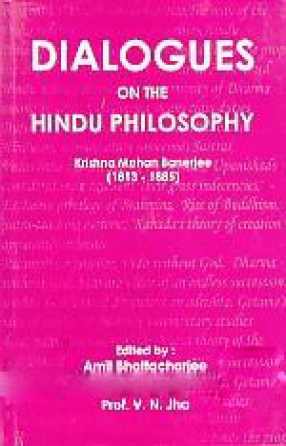
V N Jha

Showing all 22 books

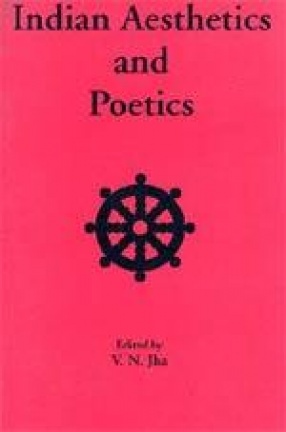
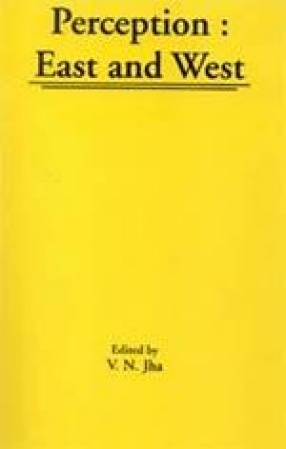
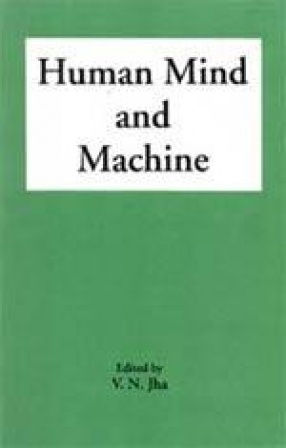


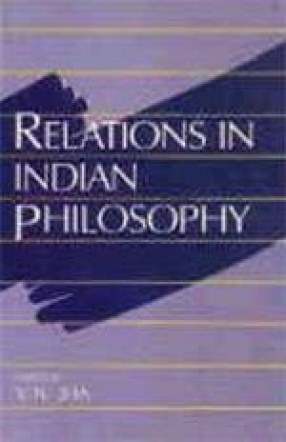
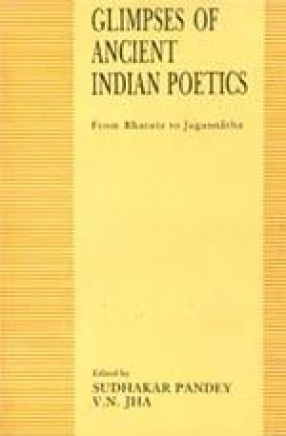
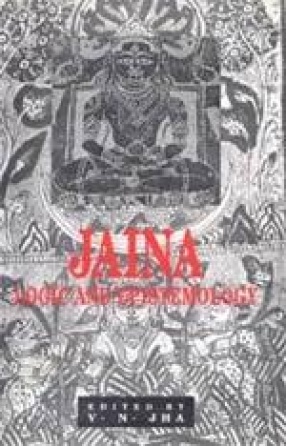
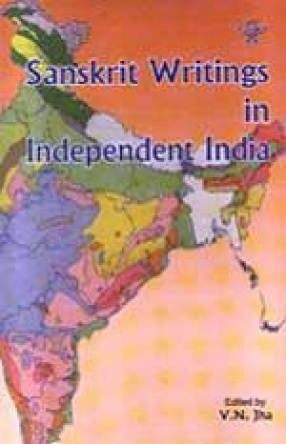

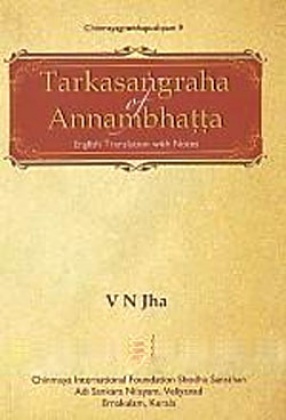
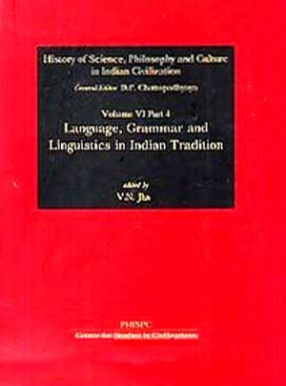
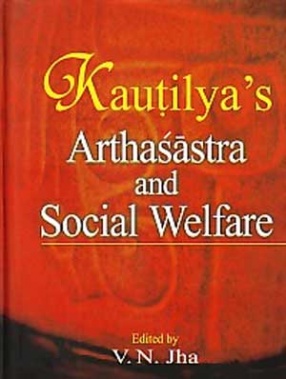
Papers presented at the National Seminar on "Kautilya's Arthaśāstra and Social Welfare", held at Pune during 29-31 January 1996.
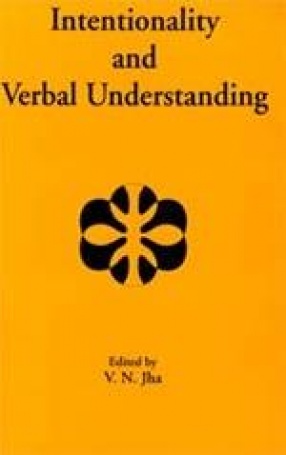




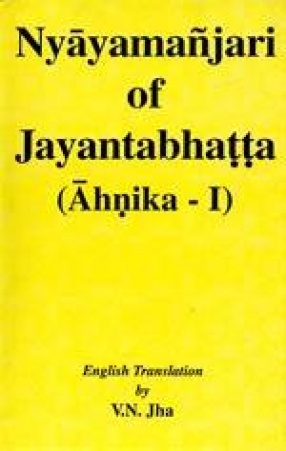
Jayanta Bhatta occupies a unique position in the history and development of Indian Philosophy in general and Pracina Nyaya in particular. Nyayamanjari is an encyclopaedic exposition of the Pracina Nyaya. While writing this, Jayanta has taken into account all the relevant views of almost all the systems of Indian Philosophy prevalent at his tike. He has presented views of his opponents so elaborately and clearly that some times it is easier to understand the ...


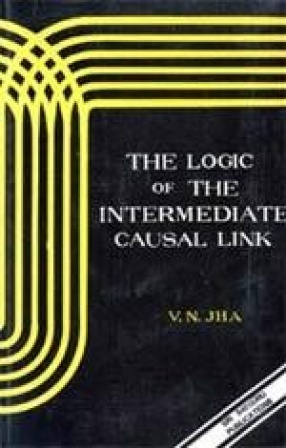
It is a lucid English Translation of the Apurvavada of the Sabda-Khanda of the Tattvacintamani of Gangesopadhyaya, the great Indian neo-logician of the 13th century A.D. A detailed Introduction is added to it which gives the real perspective to read the, text. The English summary of Sasadhara’s apurvavada is also incorporated in the Introduction and the original Sanskrit text of Sasadhara is appended in the Appendix. Thus, in a way, one will get two texts with ...
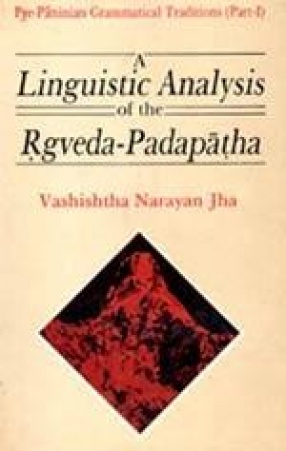
The present volume is the out come of a close study of the Rgvedapadapatha of Sakalya. The work is the first of its kind in the sense that it is for the first time that such detailed study of the entire Pada-text of Sakalya has been taken for analysis. Sakalya was a pre-Paninian, grammarian and no grammatical text of Sakalya other than the Pada-text of the Rgveda where Saklya has applied his knowledge of grammer is available with us today. Thus the present volume ...



The present volume contains twenty two papers on various aspects of Indian Poetics written by prominent specialists in the field. These papers were presented and discussed in the National Seminar in Indian Poetics organized by the Department of English, University of Poona. Some have adopted interdisciplinary approach and have tried to compare and contrast some of the ancient Indian concepts of Poetics with those of the western ones, while some other articles aim ...

This volume contains papers presented at the National Seminar on Jaina Logic and Epistemology held at Centre of Advanced Study in Sanskrit, University of Poona, Pune. Some of the essays contained in the volume are – the Concept of Pratyaksa in Jaina epistemology ; mJaina Concept of Meaning and Referent ; Dharmabhusan’s Treatment of Pramana; Jaina Critique of the Metaphysical Doctrines of the Heretics with special reference to the Doctrine of ‘Self’ as ...
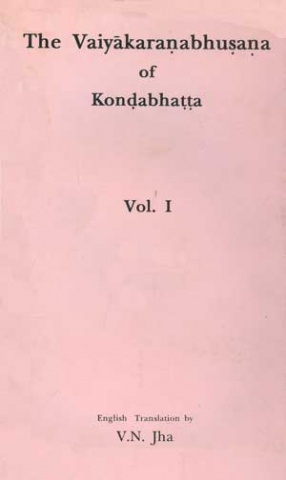
The Vaiyakaranabhusana of Kondabhatta (also spelt as Kaundabhatt) belongs to the category of the sabdabodha (verbal understanding) literature contributed by the grammarians. The text Vaiyakaranabhusana is divided into thirteen chapters dealing with thirteen components of a Sanskrit expression. The first chapter is called dhatvarthanirupana which deals with referent of a root. While deciding the meaning of a root Kondabhatta takes into account all the views ...
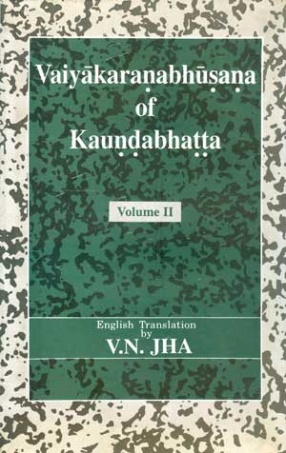
The Vaiyakarnabhusana of Kondabhatta (also spelt at Kaundabhatta) belongs to the category of the sabdabodha (verbal understanding) literature contributed by the grammarians. The text Vaiyakarnabhusana is divided into thirteen chapters dealing with thirteen components of a Sanskrit expression. The present book contains English translation of the second chapter of the book Lakarartha nirnaya (discussion on the meaning of a personal suffix).
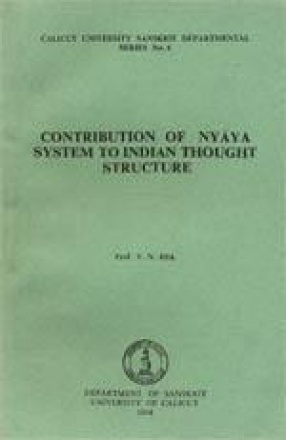
In this small but scholarly treatise Contribution of Nyaya System to Indian Thought Structure, Prof. V.N. Jha deals with all the essential topics connected with Nyaya Philosophy and logic. In the first chapter he prepares the background tracing the origin and growth of Nyaya system. The next chapter is devoted to deal with the contribution of Buddhist logicians. In the third chapter he presents a lucid exposition of pramanas in ancient Indian Philosophy ...

Sanskrit is treated as the only binding emotional thread to maintain the feeling of unity in diversity. The kind of feeling created by the creation of states on linguistic ground is absent when one encounters Sanskrit. There is a general belief that Sanskrit is a dead language and it has ceased to be the medium of cultural communication.The present volume entitled Sanskrit Writings in Independent India is sufficient to demonstrate that Sanskrit continues to be a ...
